About Publications Library Archives
heritagepost.org

Preserving Revolutionary & Civil War History

Preserving Revolutionary & Civil War History

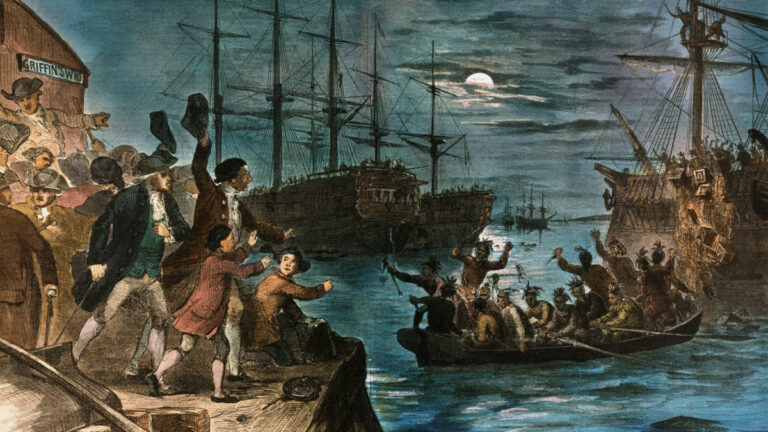
Date:1773 Annotation: Parliament passed the Tea Act that authorized the East India Company to bypass American wholesalers and sell tea directly to American distributors. Cutting out the wholesalers’ profit would make English tea cheaper than tea smuggled in from Holland. Colonists…
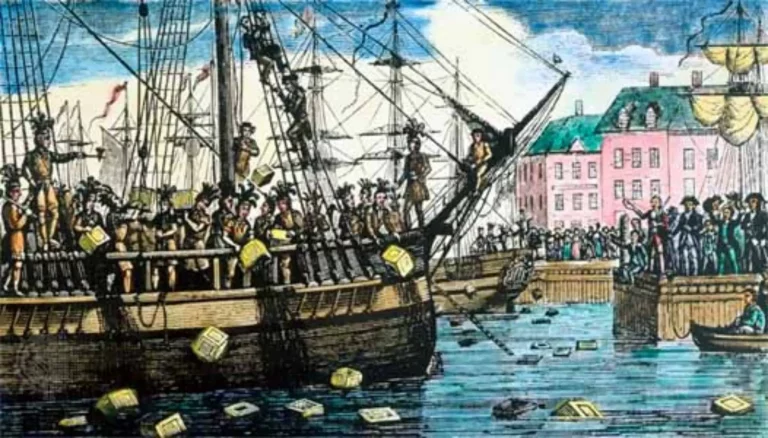
Author: George Robert Twelve Hewes Date:1773 Annotation: George Robert Twelve Hewes, a Boston shoemaker who later fought in the Revolution as a common soldier and sailor, was present at the Boston Massacre and served as a leader in the Boston…

Author: Samuel Adams Date:1772 Annotation: As one of the chief organizers of protests against the imperial policies adopted by Britain after the Seven Years War, Samuel Adams (1722-1803) was, in Thomas Jefferson’s words, “truly the man of the Revolution.”…
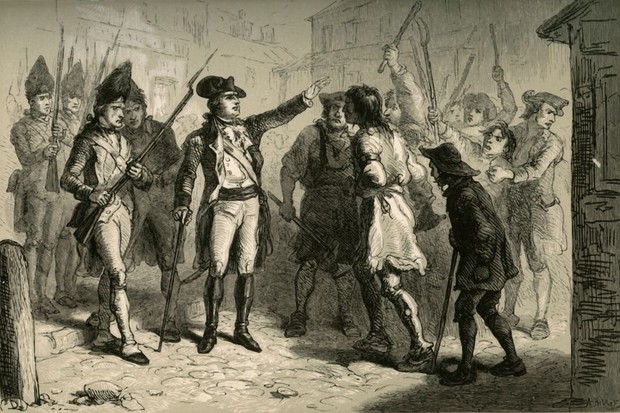
Author: Richard H. Lee Date:1771 Annotation: Even as tension between the colonies and Britain was rising, disputes among colonists continued. In western North Carolina, many farmers, known as Regulators, rose up against wealthy lawyers and merchants, who charged excessive…
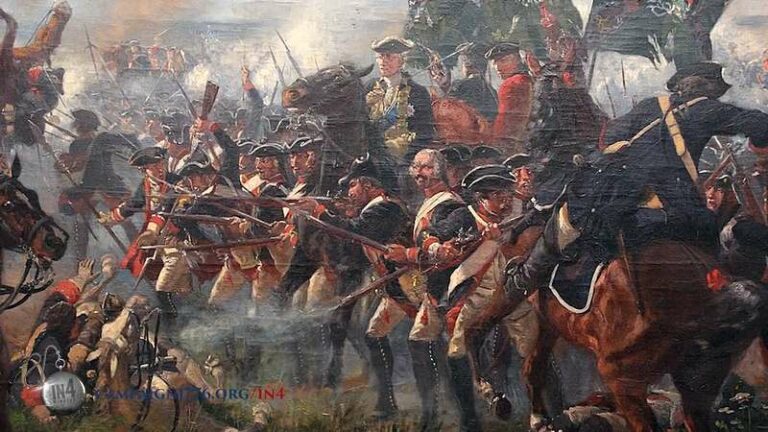
Author: Benjamin Franklin Date:1770 Annotation: As late as 1775, Benjamin Franklin (1706-1790) was convinced that the issues dividing Britain and the colonies were “a Matter of Punctilio, which Two or three reasonable People might settle in half an Hour.”…
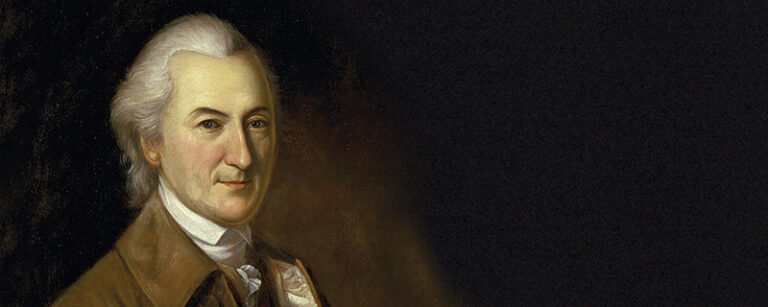
Author: John Dickinson Date:1770 Annotation: The escalating conflict with Britain after 1763 forced the colonists to define their identity as well as the nature of sovereignty and authority through practical action and philosophic reflection. Republican ideology served as a…
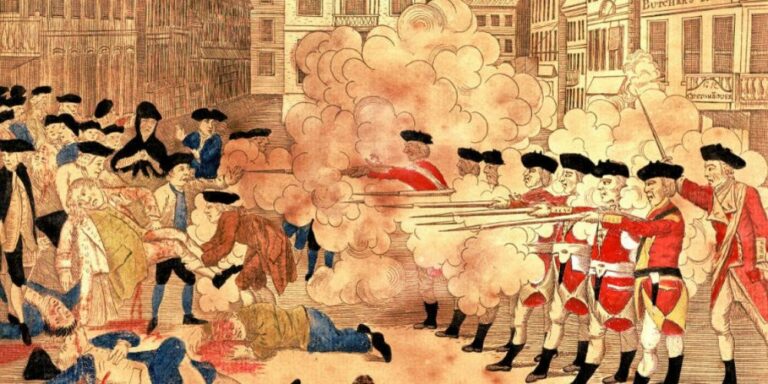
Author: Thomas Preston Date:1770 Annotation: Captain Thomas Preston’s account of the Boston Massacre. Document: It is [a] matter of too great notoriety to need any proofs that the arrival of his Majesty’s troops in Boston was extremely obnoxious to its inhabitants.…
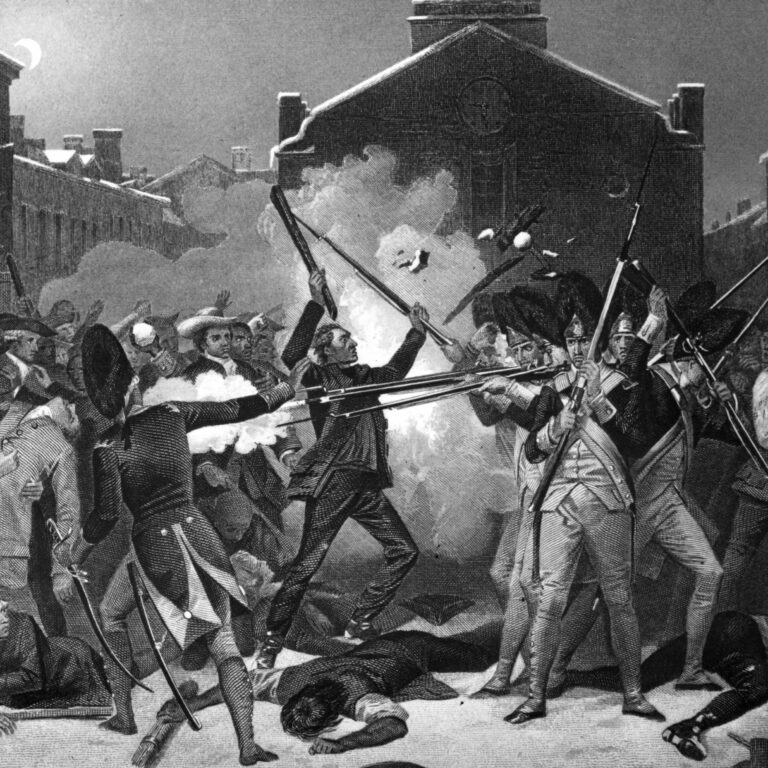
Date:1770 Annotation: The leader of the British 29th regiment, Preston was defended by John Adams for his role in the massacre and was acquitted of all charges. Document: It is [a] matter of too great notoriety to need any proofs that the…
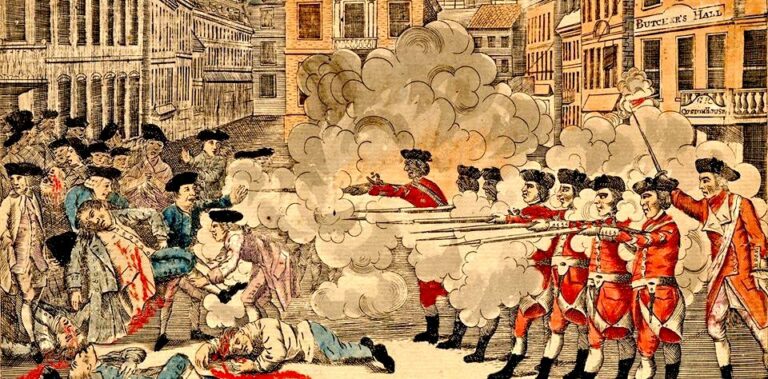
Author: Deacon John Tudor Date:1770 Annotation: By the beginning of 1770 there were four thousand British soldiers in Boston, a seaport with only 15,000 inhabitants. On the evening of March 5, crowds of day laborers, apprentices, and merchant sailors…
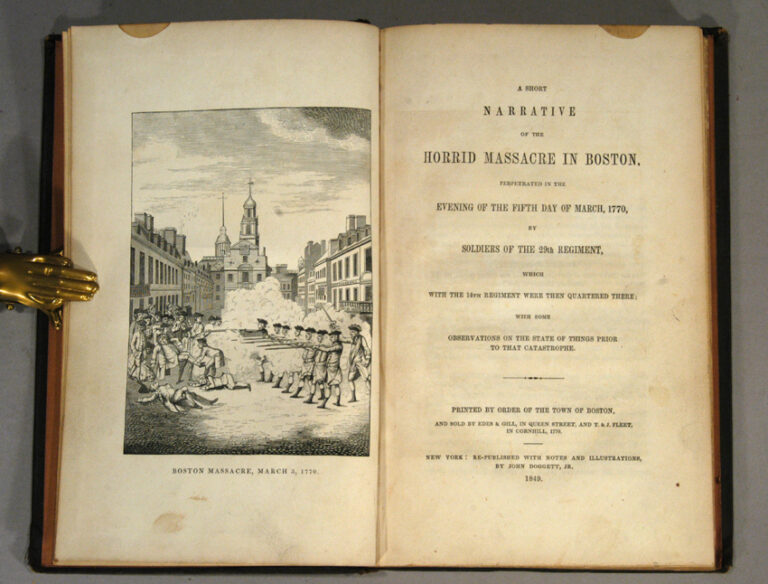
Date:1770 Annotation: An anonymous account of the Boston Massacre on the evening of March 5, 1770. Document: It may be a proper introduction to this narrative, briefly to represent the state of things for some time previous to the said Massacre; and…
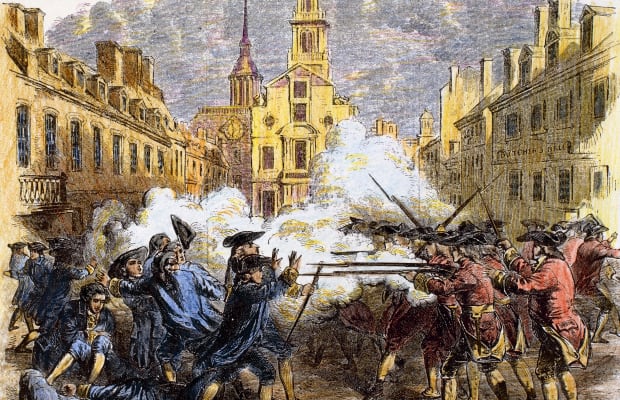
Date:1770 Annotation: On March 5, 1770, a 16-year-old barber’s apprentice named Edward Garrick insulted Hugh White, a soldier of the 29th Regiment on sentry duty in front of Boston’s Customs House. The sentry gave the apprentice a knock on the ear…
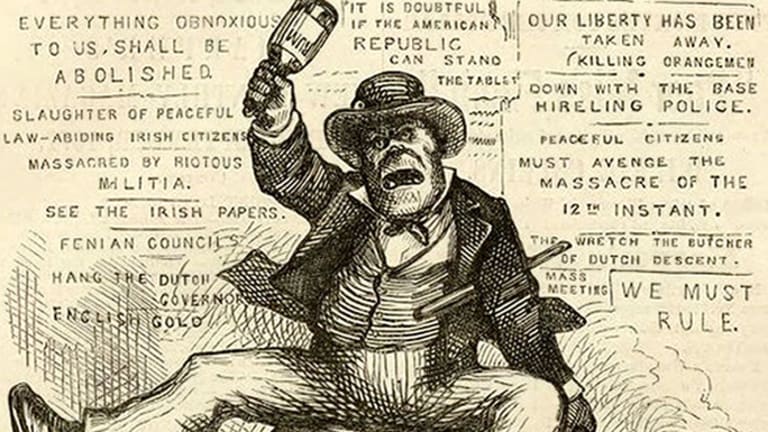
Author: Charles Thomson Date:1769 Annotation: Born in Ulster, Charles Thomson (1729-1824) came to Philadelphia as a young schoolmaster. During the 1765 Stamp Act Crisis, Thomson became a significant figure in local politics, orchestrating resistance to the measure in Philadelphia.…